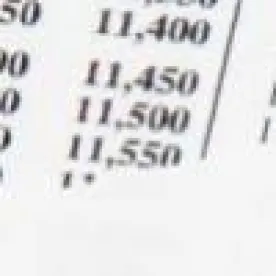On July 8, 2016, Judge Mark V. Holmes of the US Tax Court issued an order in Ernest S. Ryder & Associates, Inc., APLC, et al., v. Commissioner, ordering the Internal Revenue Service (IRS) to serve on the taxpayer all non-party subpoenas that he had issued in the case, together with all responses and documents that nonparties produced after receiving those subpoenas. The order mirrored a prior order issued by Judge Holmes almost a year ago in Kissling v. Commissioner, Dkt. No. 19857 (July 16, 2015).
In both cases, the IRS served subpoenas on third parties (77 subpoenas in the most recent case) and argued to the court that there is no Tax Court rule that requires him to notify taxpayers about whom he is subpoenaing in a Tax Court case, and he would prefer to keep his pretrial preparation secret. Although Judge Holmes agreed that the Tax Court’s rules do not specifically require notice of non-party subpoenas, he disagreed with the IRS that this absence creates an implication that secret subpoenas are favored. Reviewing the history of its rules on subpoenas and the close connection with Fed. R. Civ. Proc. 45, which requires notice to other parties before service of non-party subpoenas for the production of documents, information, or tangible things, Judge Holmes adopted the notification requirement of Fed. R. Civ. Proc. 45 as a modification to the pretrial order that governed the case.
In our experience, the IRS does not view Kissling as the law in the Tax Court and questions its value. It remains to be seen whether the Tax Court will formally adopt the notification requirement in Fed. R. Civ. Proc. 45 or will continue to permit each judge to determine how to deal with secret subpoenas. Unless and until the court amends its rules, issues an opinion on the issue, or the IRS voluntarily follows the approach set forth by Judge Holmes, taxpayers and their counsel should consider as part of their pretrial preparation in Tax Court cases requesting from the IRS notice of all subpoenas issued to non-parties along with copies of all subpoenas, responses and documents produced by the non-parties. This request should be noted as being continuing in nature. If the IRS asserts that no subpoenas have been issued, taxpayers can use this representation against the IRS if they later discover that non-party subpoenas were issued. If the IRS refuses to respond or produce the requested information, taxpayers can point to these two orders as persuasive authority (albeit non-precedential and non-binding) that notice should be provided and the information should be produced.



 />i
/>i
